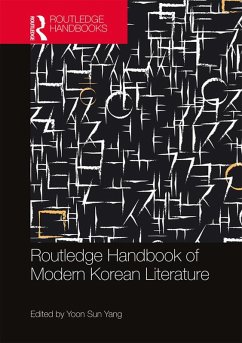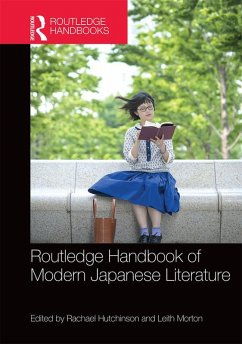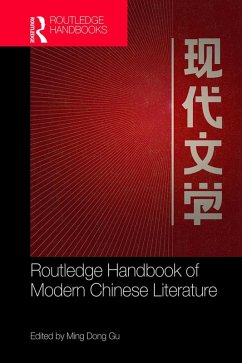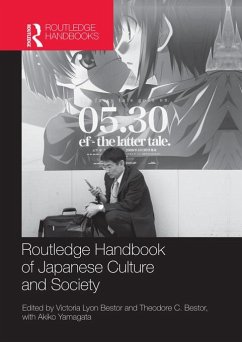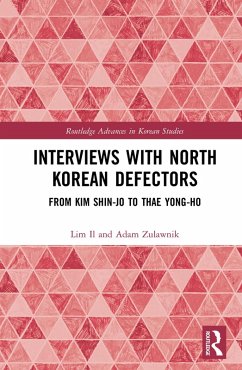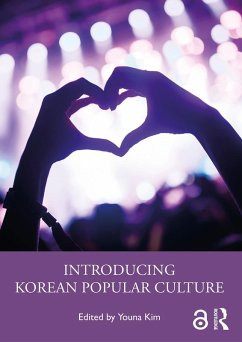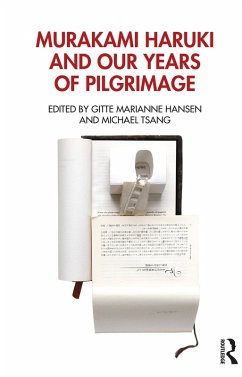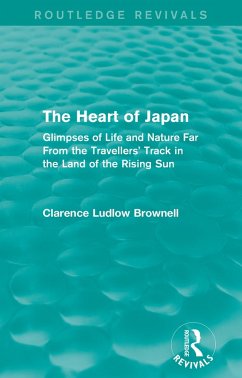
Routledge Handbook of Modern Korean Literature (eBook, ePUB)
Versandkostenfrei!
Sofort per Download lieferbar
45,95 €
inkl. MwSt.
Weitere Ausgaben:

PAYBACK Punkte
23 °P sammeln!
The Routledge Handbook of Modern Korean Literature provides a comprehensive overview of a Korean literary tradition, which is understood as a multifaceted nexus of practices, both homegrown and transnational.The handbook discusses the perspectives from which modern Korean literature has thus far been defined, analyzing which voices have been enunciated, underappreciated, or completely silenced and how we can enrich our understanding of it. Taking up diverse transnational and interdisciplinary standpoints, this volume aims to encourage readers not to treat modern Korean literature as a self-evi...
The Routledge Handbook of Modern Korean Literature provides a comprehensive overview of a Korean literary tradition, which is understood as a multifaceted nexus of practices, both homegrown and transnational.
The handbook discusses the perspectives from which modern Korean literature has thus far been defined, analyzing which voices have been enunciated, underappreciated, or completely silenced and how we can enrich our understanding of it. Taking up diverse transnational and interdisciplinary standpoints, this volume aims to encourage readers not to treat modern Korean literature as a self-evident category but to examine it anew as an uncultivated and uncharted space, unearthing its internal chasms and global connections. Divided into five parts, the themes covered include the following:
By introducing new conceptual paradigms to the field of modern Korean literature, this book will appeal to students and scholars of Korean, East Asian, and world literature alike.
The handbook discusses the perspectives from which modern Korean literature has thus far been defined, analyzing which voices have been enunciated, underappreciated, or completely silenced and how we can enrich our understanding of it. Taking up diverse transnational and interdisciplinary standpoints, this volume aims to encourage readers not to treat modern Korean literature as a self-evident category but to examine it anew as an uncultivated and uncharted space, unearthing its internal chasms and global connections. Divided into five parts, the themes covered include the following:
- Literature and power
- Borders and boundaries
- Rationality in literature and its limits
- Language, ethnicity, and translation
- Korean literature in the changing mediascape.
By introducing new conceptual paradigms to the field of modern Korean literature, this book will appeal to students and scholars of Korean, East Asian, and world literature alike.
Dieser Download kann aus rechtlichen Gründen nur mit Rechnungsadresse in A, B, BG, CY, CZ, D, DK, EW, E, FIN, F, GR, HR, H, IRL, I, LT, L, LR, M, NL, PL, P, R, S, SLO, SK ausgeliefert werden.




